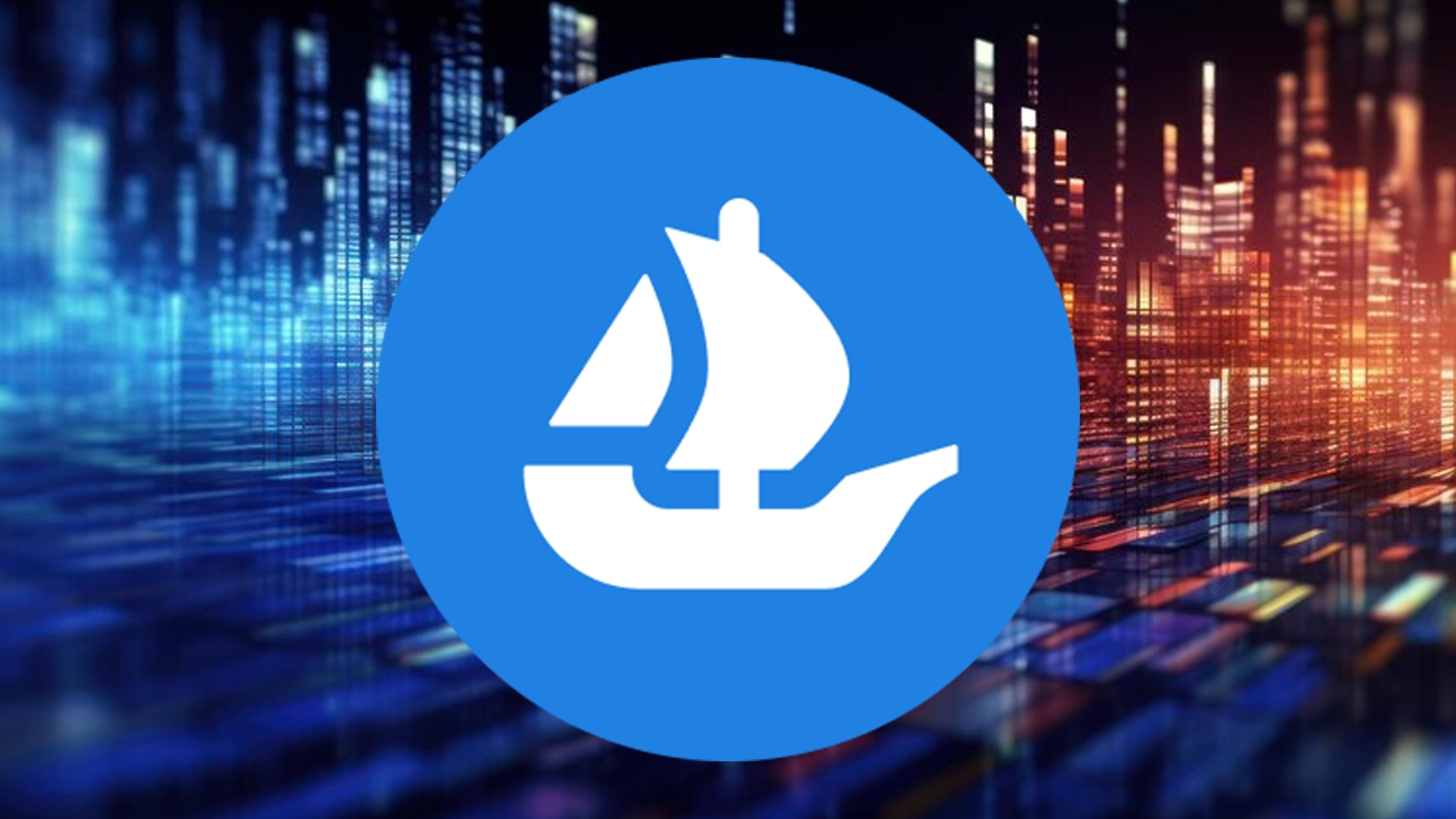- NFT Marketplace OpenSea is retracting its royalty enforcement tool.
- OpenSea is introducing fresh use cases in the form of digital and physical redeemables.
OpenSea’s Founder’s Take on This Change
The NFT marketplace took to Twitter to announce that it’s shutting down its royalty enforcement tool called Operator Filter, as stated by the company’s founder and CEO, Devin Finzer. The Operator filter function allows creators to blacklist those particular NFT marketplaces that don’t enforce royalties.
Finzer further stated that this change will come into effect on August 31. The operator filter function was initially introduced in November 2022, which allowed creators to enforce royalties on fresh NFT smart contracts as well as existing upgradable smart contracts.
The founder described this tool as just a ‘simple code snippet’ that was capable of limiting the sales of NFTs to the marketplaces that charged creator fees. Finzer stated that this move comes in light of the failure to achieve the desired success from this feature. He commented that the tool did not get the desired response they had hoped for it to get.
Finzer further stated that other NFT marketplaces like Dew, LooksRare, and Blur had evaded the operator filter by integrating with OpenSea’s Seaport protocol to avoid OpenSea’s blacklist and save themselves from paying the creator’s fees.
Some creators repelled the operator filter tool as they thought that the tool restricted their ownership over their creations and their control over where their creations were being sold, Finzer added.
Ultimately, Finzer stated that, although the creator fee is pivotal for certain business models, it is considered to be one of the many revenue streams available to the creators. Moreover, it is crucial to factor in other use cases of the NFT technology.
Further Updates on OpenSea
Finzer further added that the team has decided to dedicate a fraction of their new roadmap to empower fresher use cases and market them across primary and secondary experiences both effectively and efficiently. For starters, the platform is introducing digital and physical redeemables.
The new update of OpenSea, starting August 31, won’t restrict any marketplace. The NFT collections that currently use the tool and the collections existing on the non-Ethereum blockchain will be forced to pay the creator’s fee until February 29, 2024.
A Potential Setback for NFT artists
The members of the NFT community believe that the steps taken by OpenSea may result in a setback for NFT artists who are looking to make passive income through NFTs.
The community members expressed disregard for OpenSea’s recent decisions. The members of the community stated that collectors should support NFT creators only on those platforms that provide royalties to the creators.
A Twitter user stated that OpenSea is being pressured into killing the royalty program by its competitors and the platform is caving to the pressure. Their post further stated that members of the NFT community should counter this move by using an NFT marketplace that honors its royalties.
On the other hand, another user tweeted their opinion on OpenSea’s decision, calling it the right move. The user further wrote that, to them, the royalty model didn’t really make sense and OpenSea did better by abolishing this model.
All in all, there have been mixed responses to OpenSea’s latest move. Commenting on the changes before they have been implemented will be unfair; all that can be said is to let the story unfold with time.

